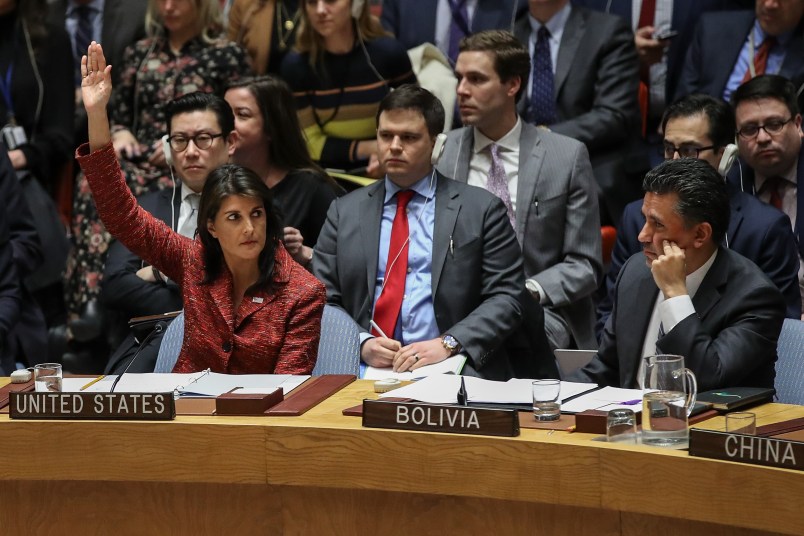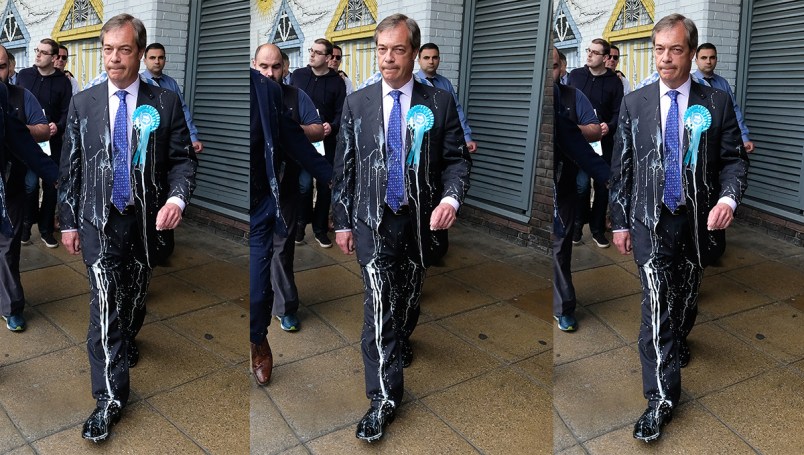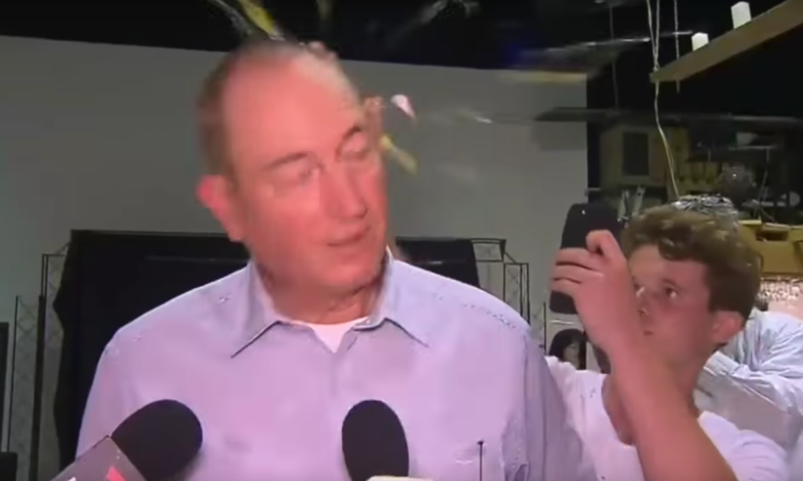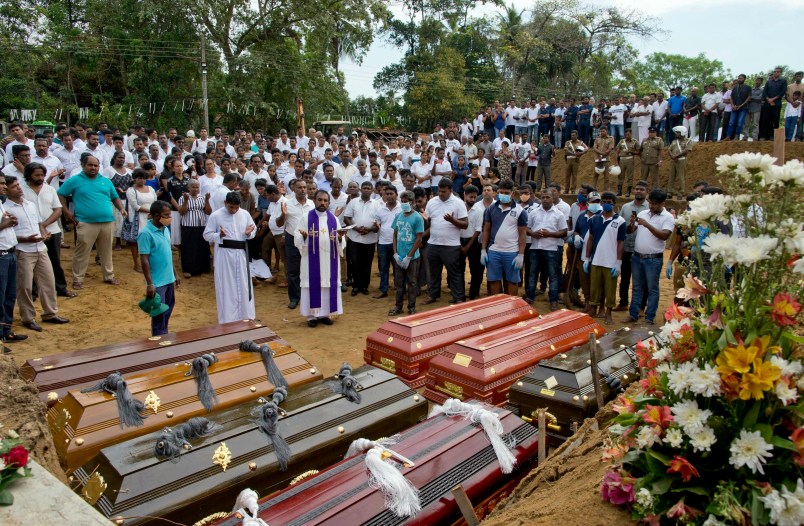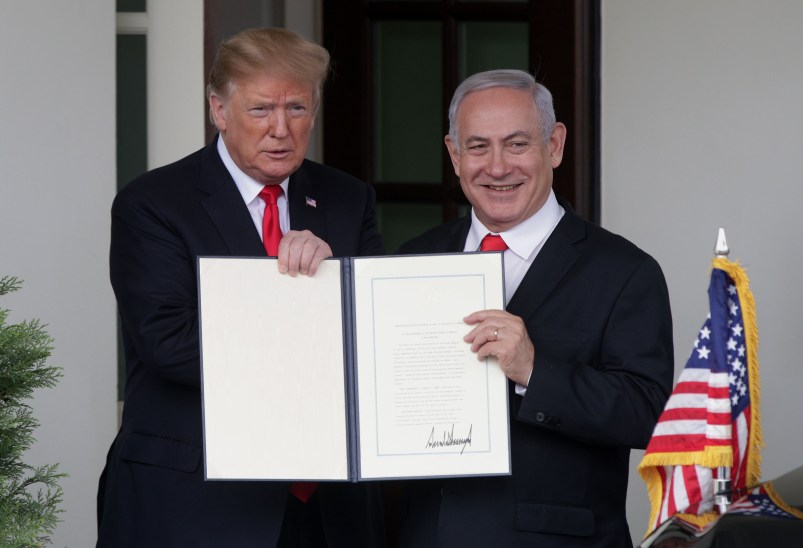MOSCOW (AP) — Russia said Friday that the U.S. and its allies have relied on fabricated evidence to accuse the Syrian government of launching chemical attacks against civilians.
Russia’s foreign and defense ministries also charged the international chemical weapons watchdog with failing to objectively investigate the alleged chemical attacks and with being subject to political control.
Maj. Gen. Igor Kirillov, the chief of the Russian military’s radiation, chemical and biological protection unit, said investigators from the Organization for the Prohibition of Chemical Weapons had failed to visit the sites of alleged use of sarin and chlorine, and trusted evidence produced by activists, which he described as rigged. Syria has rejected the accusations of chemical attacks.
“The U.S., Britain, France and their allies have misled international community … relying on fabrications to accuse Syria of violating the chemical weapons ban with Russian assistance,” Kirillov said at a briefing.
Kirillov alleged that the White Helmets first responders working in rebel-controlled areas had doctored samples and used explosive devices to make craters that looked like those left by bombs. In the images presented by activists, they worked at the site of the alleged use of sarin without protective gear, which would have been impossible if the nerve agent had indeed been used there, he added.
Kirillov scoffed at the images of massive gas canisters activists said were dropped by government helicopters in the purported chemical attack on the town of Douma just outside Damascus on April 7. “Surprisingly, the 100-kilogram canisters left tableware and furniture undamaged, and even a bed on which the canister fell was intact, signaling that the canister was dragged into the room, as indicated by signs left on the floor,” he said.
The alleged use of chemical weapons in Douma triggered a punitive missile strike by the U.S., Britain and France that Russia has condemned as a violation of international law.
The OPCW’s fact-finding team is not mandated to apportion blame. A joint UN-OPCW team that was tasked with determining blame for such attacks no longer exists after Russia, a close ally of the Syrian government, last year vetoed a U.N. Security Council resolution to extend its mandate.
Kirillov criticized the OPCW for turning a blind eye to the discovery of rebel stockpiles that contained over 40 metric tons of chlorine and other toxic chemicals.
He noted that a rebel chemical lab found in Douma after the town was taken over by Syrian government forces contained components used in the production of mustard gas. A canister with chlorine — similar to those used in the purported attack in April — was also found at the same lab, he added.
The Russian foreign ministry’s spokeswoman, Maria Zakharova, who spoke at the same briefing, said that the chemical lab featured components made in Western Europe.
Kirillov charged that last week’s report by the OPCW’s fact-finding mission in Syria — concluding that sarin and chlorine were likely used in attacks near Latamneh, in the province of Hama, in March 2017 — also relied on fabricated evidence. He said images intended to prove that a bomb containing sarin was used in the attack showed fragments of a conventional munition, and samples appeared to have been doctored.


